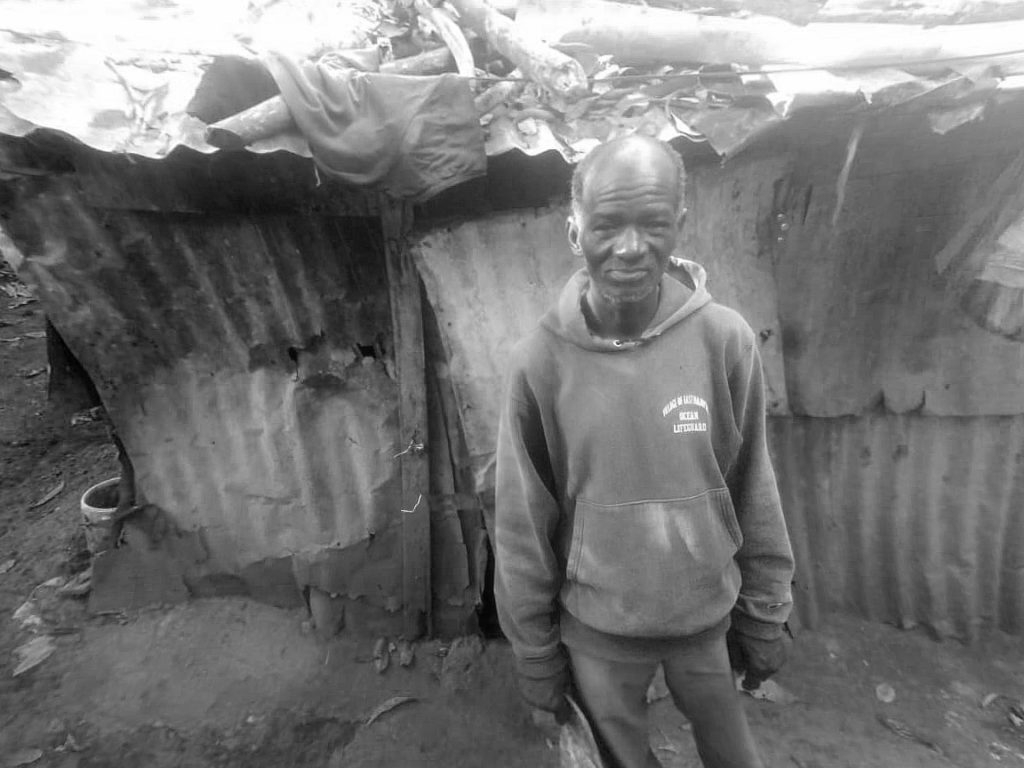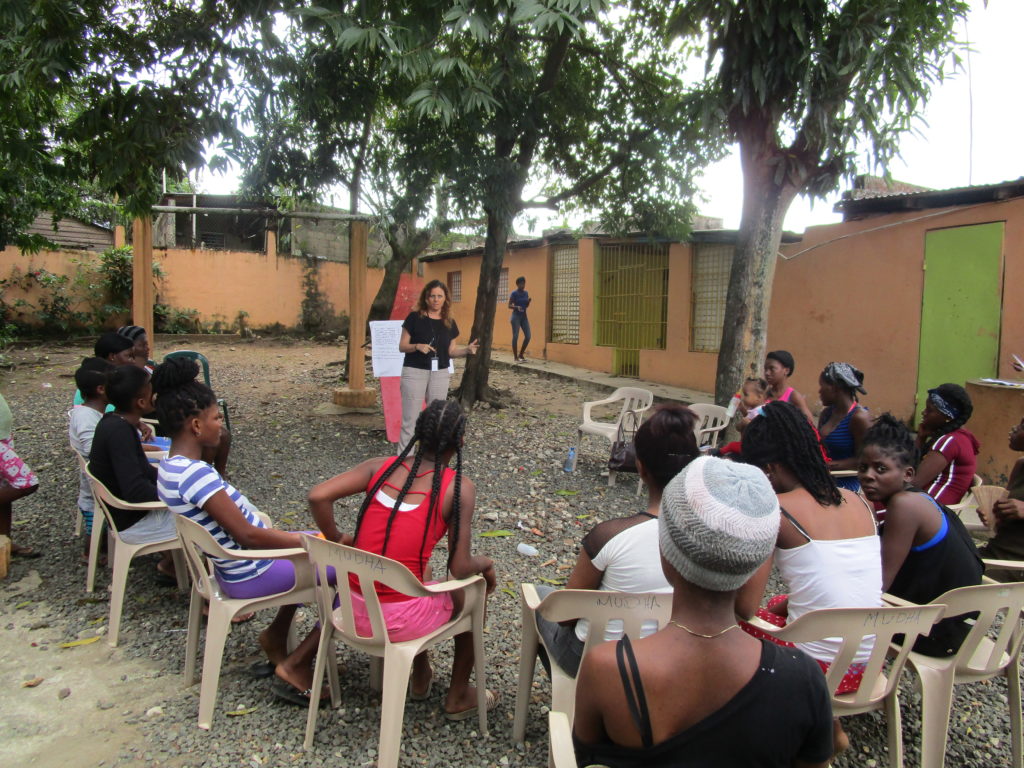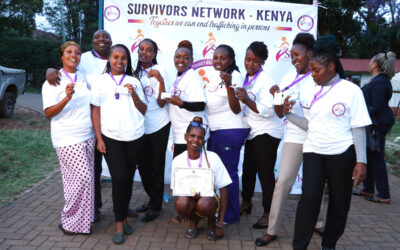For more than 150 years Haiti and the Dominican Republic have shared the island of Hispaniola. Their relationship, however, has not been pleasant. Sadly, this antagonism has led to the creation of racially biased policies against Haitians in the Dominican territory.
Haitian migrants and their descendants born in the Dominican Republic, undocumented or not, have been historically and systemically racially discriminated against based on ethnic group, race and nationality, and because of their economic, social and cultural situation.
Due to discriminatory policies, most Dominicans of Haitian descent live in conditions of extreme poverty and marginalization. As a result of the discriminatory policies – many of them are usually undocumented, which means they do not benefit from social assistance programs.
In a nation of 10 million, there are over 250,000 Dominican-born Haitians who are currently in vulnerable situations.

Haitians have long been migrant workers, and they have toiled on sugar plantations in the Dominican territory and in other low paying work with no basic rights.
Many of the Haitians in Dominican Republic live in dire conditions that have brought about numerous human rights violations including modern slavery and human trafficking. They’ve been left to face the challenges in accessing education, and have limited access to formal sector jobs, increasing their vulnerability and susceptibility to labor and sexual exploitation. Dominican born children of Haitian descent are not exempt from the discriminatory policies, they are forced to work in domestic service, street vending, begging, agricultural work, construction, and other inhumane activities.
Since 2018, Free the Slaves and our local partner MUDHA, the Movement of Dominican-Haitian Women, have been working within the vulnerable communities that live in precarious conditions that make residents especially susceptible to being victims of trafficking.

FTS works in 13 communities of Santo Domingo, San Cristóbal and Puerto Plata, whose population is mainly Haitian migrants and their descendants, most of whom are undocumented. We have educated all communities about what human trafficking is, what its risks are, what people’s rights are, and how to deal with it collectively. Through education and awareness programs, 3,000 people will have increased understanding of trafficking, half of the community groups will be actively involved in anti-trafficking efforts, and at least 100 people will identify themselves as victims of trafficking.
Please join FTS as we continue to work on creating a community support network for survivors along with other community organizations and government agencies at the local level. Your support is crucial at this time for the Dominicans of Haitian descent.






